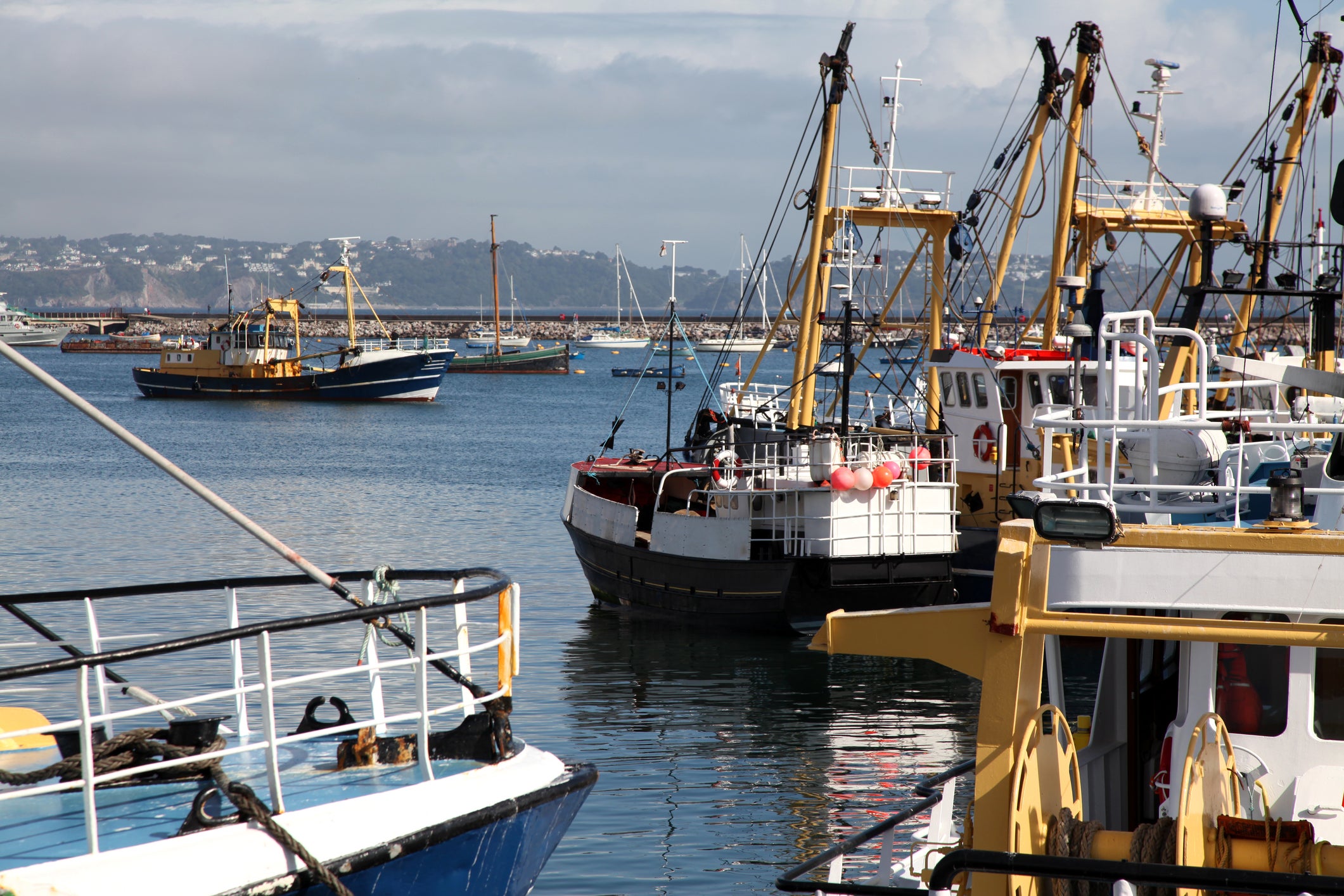Brexit fishing deal ‘fell short’ of industry expectations, government admits
Environment Secretary George Eustice says 'it's fair to say that we didn't get everything that we wanted’

Your support helps us to tell the story
From reproductive rights to climate change to Big Tech, The Independent is on the ground when the story is developing. Whether it's investigating the financials of Elon Musk's pro-Trump PAC or producing our latest documentary, 'The A Word', which shines a light on the American women fighting for reproductive rights, we know how important it is to parse out the facts from the messaging.
At such a critical moment in US history, we need reporters on the ground. Your donation allows us to keep sending journalists to speak to both sides of the story.
The Independent is trusted by Americans across the entire political spectrum. And unlike many other quality news outlets, we choose not to lock Americans out of our reporting and analysis with paywalls. We believe quality journalism should be available to everyone, paid for by those who can afford it.
Your support makes all the difference.The deal signed by Boris Johnson with the EU on fishing after Brexit fell "short" of industry expectations, the environment secretary has admitted.
Speaking at a House of Lords committee on Wednesday George Eustice told peers that "it's fair to say that we didn't get everything that we wanted on fishing".
Boris Johnson previously hailed his fishing agreement as a success, but fishermen accused the prime minister of "sacrificing" them in trade talks and having "totally capitulated".
"To get a final agreement compromises were made," the minister Mr Eustice told peers, though he argued that the deal was "a significant step forwards".
Fishing is a very small part of the British economy but is important symbolically for Brexiteers, who claimed leaving the EU would help Britain regain control of its waters from the Common Fisheries Policy.
But since the transition period ended fishermen have reported little benefit and many have instead complained they are unable to export their catches to Europe because of the new bureaucracy created by Brexit.
The environment secretary told peers: "I don't think anyone in the fishing industry believed that we would immediately exclude access for all [EU] vessels.
"It's also the case that we knew we wouldn't get to where we wanted to end up with zonal attachment ... and instead what you needed to aim for was year-on-year gains.
"It is the case that we argued with the EU that there should be larger year-on-year gains in that period, of course, that was our publicly stated position and what we argued for right through to the end of the negotiations.
"It is also the case that we had not intended to grant the EU access in the six-to-12 [mile zone off UK shores], but in the end they were granted access in some areas of the six-to-12 but not all.
"I think the reality is, this is an important, significant step in the right direction, where there is a significant uplift in shares, as a quid pro quo around granting continued access to the European Union.
"So, while I appreciate that it's probably short of what the industry would have hoped in terms of a sharing arrangement after five years, it nevertheless represents a big step in the right direction."

Join our commenting forum
Join thought-provoking conversations, follow other Independent readers and see their replies
Comments